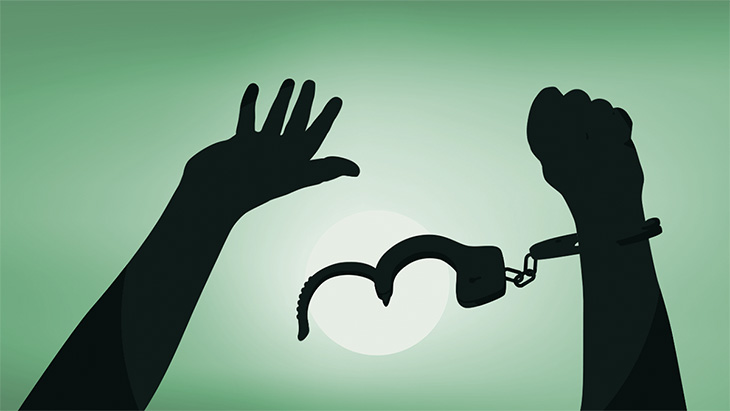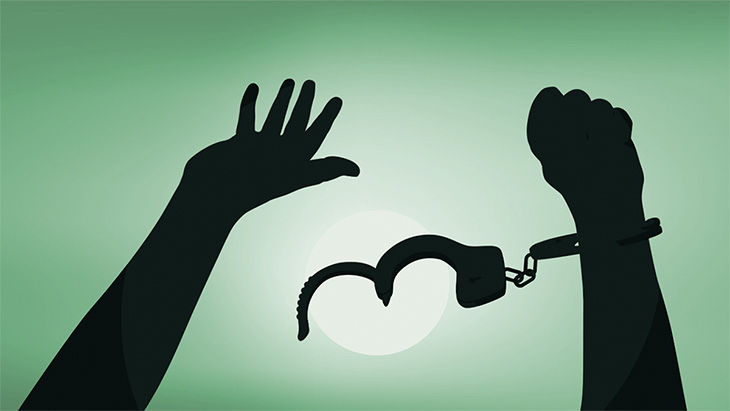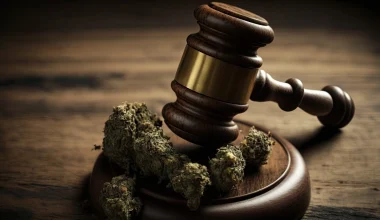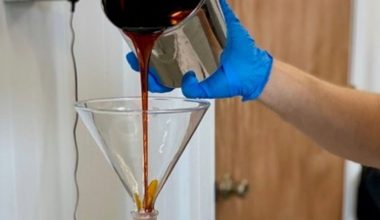
Commissioners in Clayton County, Georgia (population: 298,000) have approved an ordinance decriminalizing low-level marijuana offenses.
The ordinance, which took immediate effect, amends county code so that the possession of up to one ounce of marijuana is reduced to a civil violation punishable by no more than a $150 fine.
The decriminalization ordinance was proposed by Clayton County’s police chief to provide alternatives to jail for low-level marijuana offenders and to allow “law enforcement and judicial systems to focus on violent crimes and other serious offenses.”
Several Georgia cities – including Athens, Atlanta, and Savannah – have adopted similar measures in recent years.
Under state law, possessing small amounts of marijuana is classified as a criminal misdemeanor, punishable by up to one year in jail and a $1,000 fine. Since 2018, more than 80,000 people have been arrested for violating Georgia’s marijuana laws. Nearly 90 percent of those arrested were charged with misdemeanor marijuana possession.
Since 2012, NORML has identified over 120 cities or counties nationwide that have passed ordinances providing for significantly lower cannabis-related penalties than those provided under state laws.
“More and more, local lawmakers in marijuana prohibition states are advancing these common sense decriminalization measures because state legislators have refused to take action,” NORML’s Deputy Director Paul Armentano said. “These local lawmakers understand that cannabis criminalization is a terribly destructive policy that disrupts people’s lives and has lasting consequences. Minor marijuana possession offenders, many of them young people, should not be saddled with an arrest, a criminal record, and with the lifelong penalties and stigma associated with it.”
Additional information on municipal decriminalization ordinances is available from NORML.
Related
Medical Disclaimer:
The information provided in these blog posts is intended for general informational and educational purposes only. It is not a substitute for professional medical advice, diagnosis, or treatment. Always seek the advice of your physician or other qualified healthcare provider with any questions you may have regarding a medical condition. The use of any information provided in these blog posts is solely at your own risk. The authors and the website do not recommend or endorse any specific products, treatments, or procedures mentioned. Reliance on any information in these blog posts is solely at your own discretion.






